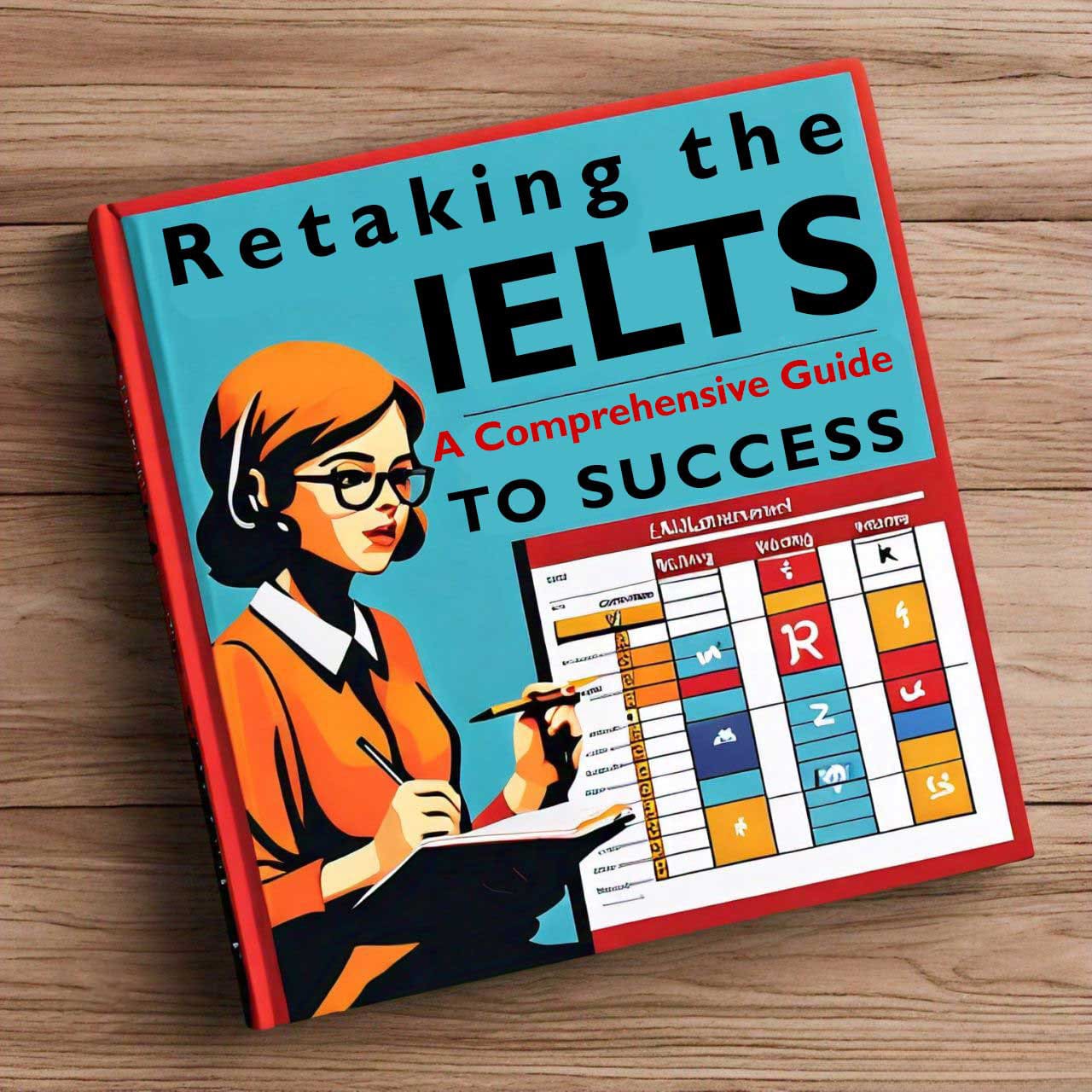The International English Language Testing System (IELTS) is a widely recognized English proficiency test, pivotal for academic and professional opportunities in English-speaking countries. Among its four components—Listening, Reading, Writing, and Speaking—the Listening module often stands out due to its unique challenges and its significant impact on the overall score. Here’s a comprehensive overview of the IELTS Listening Module to help you navigate this critical part of the exam effectively.
Table of Contents
Understanding the Structure
The IELTS Listening module is designed to assess a range of listening skills, including understanding main ideas, specific factual information, opinions, attitudes, and the ability to follow the development of an argument. It comprises four sections, each progressively harder than the last:
1. Section 1: A conversation between two people set in an everyday social context, such as booking a hotel room.
2. Section 2: A monologue set in an everyday social context, such as a speech about local facilities.
3. Section 3: A conversation between up to four people set in an educational or training context, such as a group discussion about an assignment.
4. Section 4: A monologue on an academic subject, like a university lecture.
Format and Timing
The Listening test lasts approximately 30 minutes, with an additional 10 minutes allotted for transferring your answers to the answer sheet. Each section contains 10 questions, making a total of 40 questions. The questions vary in type, including multiple choice, matching, plan/map/diagram labeling, form/note/table/flow-chart/summary completion, and sentence completion.
Key Skills Assessed
– Comprehension of Main Ideas: Identifying the primary points of discussions or lectures.
– Detail Recognition: Understanding specific information within the conversation or monologue.
– Recognizing Opinions and Attitudes: Detecting the speaker’s attitude and viewpoints.
– Following Development: Grasping how an argument or idea progresses throughout the listening material.
Effective Preparation Strategies
1. Practice Regularly: Familiarize yourself with the test format by practicing with IELTS listening practice tests. This helps you get used to the speed and variety of accents used in the recordings.
2. Enhance Listening Skills: Improve your overall listening skills by engaging with diverse English audio materials such as podcasts, news broadcasts, and academic lectures.
3. Develop Note-taking Skills: Learn to take quick and efficient notes, especially for Section 4, where the content can be dense and fast-paced.
4. Expand Vocabulary: A broad vocabulary helps in understanding the content better and performing well in summary and sentence completion tasks.
5. Understand Different Accents: The IELTS Listening test includes a range of accents, such as British, Australian, and American. Expose yourself to these accents to avoid surprises on test day.
Test Day Tips
– Read Instructions Carefully: Misreading instructions can lead to mistakes, even if your listening comprehension is good.
– Stay Focused: Concentrate on the recording and avoid getting distracted, as each recording is played only once.
– Utilize Transfer Time Efficiently: Use the 10-minute transfer time to ensure that all answers are correctly transferred to the answer sheet, paying attention to spelling and grammar.
Common Challenges and Solutions
– Understanding Different Accents: Regularly listen to various English accents to build familiarity.
– Speed of Delivery: Practice with high-speed recordings to improve your ability to comprehend fast speech.
– Retention of Information: Improve your memory retention by summarizing audio content after listening.
Conclusion
The IELTS Listening module, while challenging, can be mastered with systematic preparation and practice. By understanding its structure, honing your listening skills, and employing effective strategies, you can approach the test with confidence. Remember, consistent practice and exposure to a wide range of English audio materials are key to excelling in this module. Good luck on your IELTS journey!



